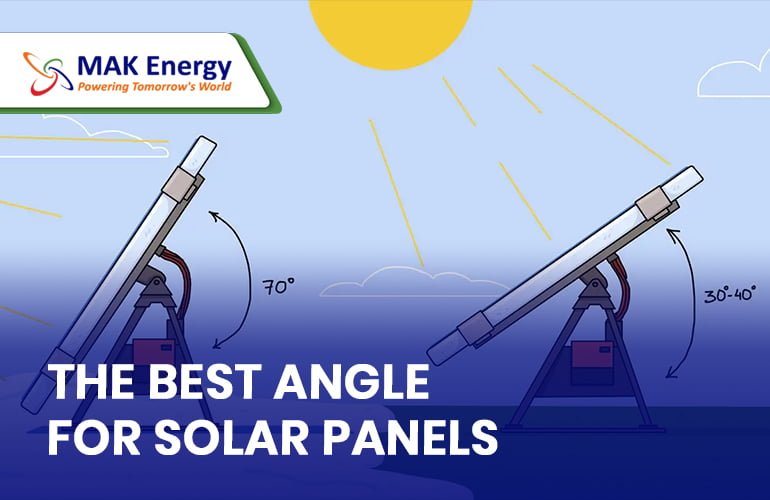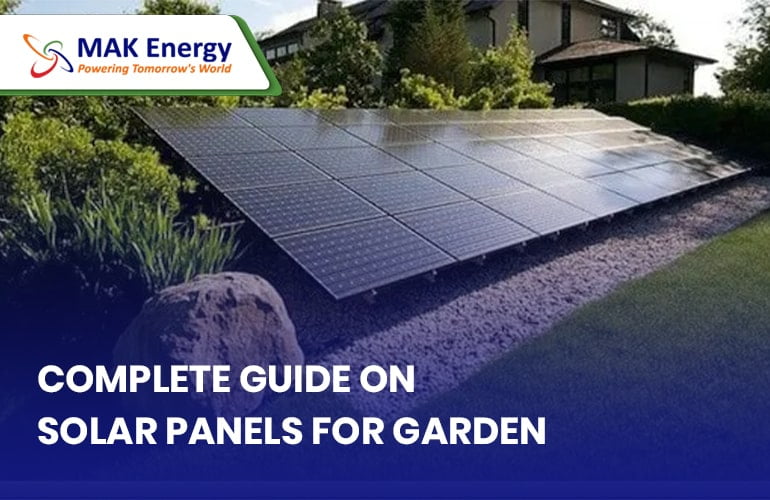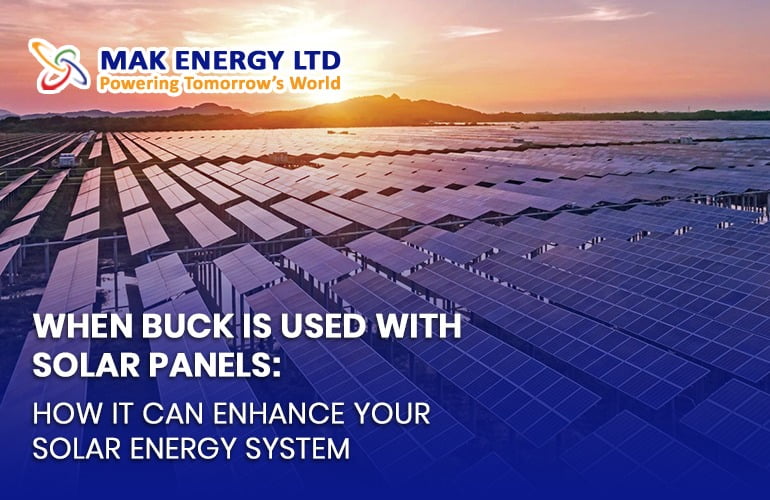Last updated: January 30th, 2024 at 09:38 am
Commercial solar panels have the capacity to make a real difference to your business. Whether you aim to cut down your business energy bills, want to be a sustainable businessman to increase your brand reputation, or attract customers from your non-green competitors, commercial solar panels are the best option.
It’s important to know what commercial solar panels are and how they differ from domestic ones. You’ll also want to know how many panels your business needs, the cost, and how long it will take for your investment to pay off. Luckily, this article will answer all your questions and provide a comprehensive guide to the components and functionality of a commercial solar panel system. Let’s take a comprehensive look at the components and functionality of a commercial solar panel system.
What are commercial solar panels?
Commercial solar panels are a powerful solution designed to meet the energy needs of businesses. With a similar appearance to domestic solar panels but larger in size, they offer increased energy production and savings. While they may be more expensive than typical solar panels, their capacity to generate power makes them ideal for large-scale industries. Moreover, commercial solar panels can supply electricity not only to industrial power needs but also to nearby domestic properties, making them an eco-friendly and cost-effective choice for businesses looking to reduce their carbon footprint.
Working of commercial solar panels
Solar panels produce direct current (DC) electricity, while most homes and businesses use alternating current (AC). To make the solar energy usable, an inverter will be installed along with the system to convert DC electricity into AC electricity for your business.
In good sunlight, each solar panel can generate around 200-350 watts of energy. Despite the UK’s reputation for cloudy weather, solar panels can still produce power on cloudy days.
Battery storage is an option for businesses that want to make the most of their solar energy. Excess energy generated by the commercial solar system during the day can be stored in batteries and used when the sun isn’t shining.

What are the benefits of a commercial solar system for businesses?
Switching to solar power can provide businesses with numerous benefits in both the short and long term. The most significant benefit is the reduction of electricity bills by almost 50%, resulting in substantial cost savings. Solar power also helps to reduce carbon emissions, demonstrating a business’s commitment to sustainable practices and improving their corporate responsibility.
A medium-sized commercial solar array of 30 kWp (kilowatts peak) can typically reduce your yearly electricity bills by around £5,400 on average.
Solar panels require minimal maintenance. Regular cleaning to keep the panels clear and debris-free is typically all that is needed to ensure they continue generating affordable, sustainable power for 25 years or longer.

How many solar panels would my business need?
Every business is different so their energy needs. However, there are several determining factors that are essential to your business that will influence how many solar panels your business need.

Electricity consumption
When considering how much electricity your business uses, energy consumption is a crucial factor. Most solar panel suppliers typically evaluate your current energy usage, either through your bills or other consumption data. They typically use total Kilowatt-hours (kWh) as a standard unit of measurement for this assessment.
The local sunlight hours
The number of solar panels required for your business is directly influenced by the amount of natural sunlight your area receives. Since the UK experiences varying amounts of natural sunlight, this factor will impact the amount of energy that solar panels can generate.
Your roof size
The amount of sunlight your business receives is another crucial factor in determining the number of solar panels that can be installed on your roof. Additionally, it’s important to consider the stability of your roof, such as its ability to support the weight of the panels and how they will be angled.
How much do commercial solar panels cost?
For small to medium-sized businesses considering a commercial solar panel system, the cost can vary between £16,000 and £80,000 depending on factors like roof size, energy requirements, and the number of panels needed.
It’s essential to determine if solar panels are suitable for your business before investing. A good starting point is to review your utility bills to evaluate your energy consumption and cost per kilowatt. An average small to medium-sized business in the UK consumes approximately 30,000 to 50,000 kilowatt hours (kWh) of electricity per year, with an estimated cost of £1600 per kilowatt for installing a commercial solar panel system. Refer to the table below for an overview of various commercial solar panel system sizes and typical costs.
| System size in kilowatt peak | Estimated Cost | Approximate number of panels of around 440W |
| 10 kWp | £16,000 | 23 |
| 20 kWp | £32,000 | 45 |
| 25 kWp | £40,000 | 56 |
| 30 kWp | £48,000 | 68 |
| 50 kWp | £80,000 | 115 |
Do you need planning permission for commercial solar panels?
Solar panel installations in the UK are generally considered “permitted development rights,” which means that, in most cases, planning permission is not needed. However, there may be certain exceptions and restrictions that could impact the installation, such as the location of the building or the nature of the business. Therefore, it’s recommended to consult with the local planning authority to confirm whether planning permission is required for a commercial solar installation.
How can businesses get financed for commercial solar panels?
Every business owner wants to finance their business when they try to adopt new technology, and this holds true for solar panel systems for commercial use. For commercial solar panels, one way to finance them is through power purchasing agreements (PPAs).
PPAs allow business owners to install a solar panel system for their business without having to pay for it upfront. By choosing a PPA, a business can lease its roof space and purchase solar electricity at a discounted rate, rather than investing in a solar system of their own. This way, businesses can enjoy multiple benefits, including solar power, cost savings, and not having to bear the full cost of purchasing a solar system. A business can also choose to buy the solar system at a later date under the agreement.
Many PPAs offer businesses the opportunity to acquire the solar system at no additional cost after a 25-year period, which is advantageous. While older solar panel models have a lifespan of 25-30 years, newer models can last up to 40-50 years.
Are there any grants to help businesses buy commercial solar panels?
In the last decade, the UK government has taken many initiatives regarding incentives and grants for the installation of solar panel systems in the country. There are still some grants available for businesses to take advantage of when installing a solar system, but some of them are no longer available. To learn more about the detailed grants and incentives that the government is still offering, you can read our comprehensive blog on government grants and incentives.
Conclusion
In today’s world, the need for sustainable energy solutions is more critical than ever. That’s why commercial solar panels have become the go-to solution for businesses looking to reduce their carbon footprint while saving on energy costs. But before jumping into the world of solar energy, it’s essential for business owners to understand the ins and outs of solar power systems, including their functionality, cost, and regulatory requirements. Commercial solar systems are not only cost-effective, but they’re also environmentally friendly and easy to install. The number of panels and overall cost will depend on the specific energy needs of the business, but the benefits of transitioning to solar power are numerous. We highly recommend that every business consider solar as their energy partner and start enjoying the many benefits of clean, inexpensive electricity for decades to come.




